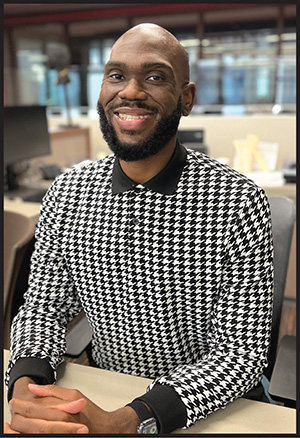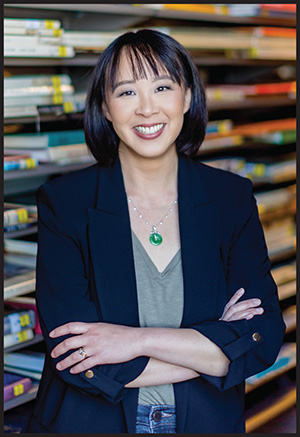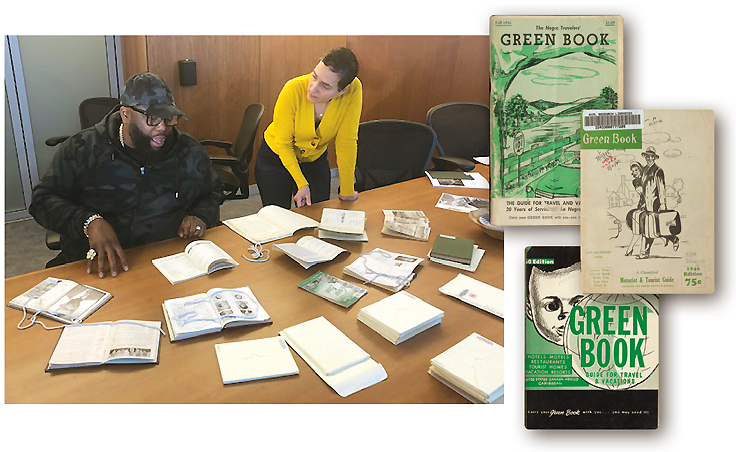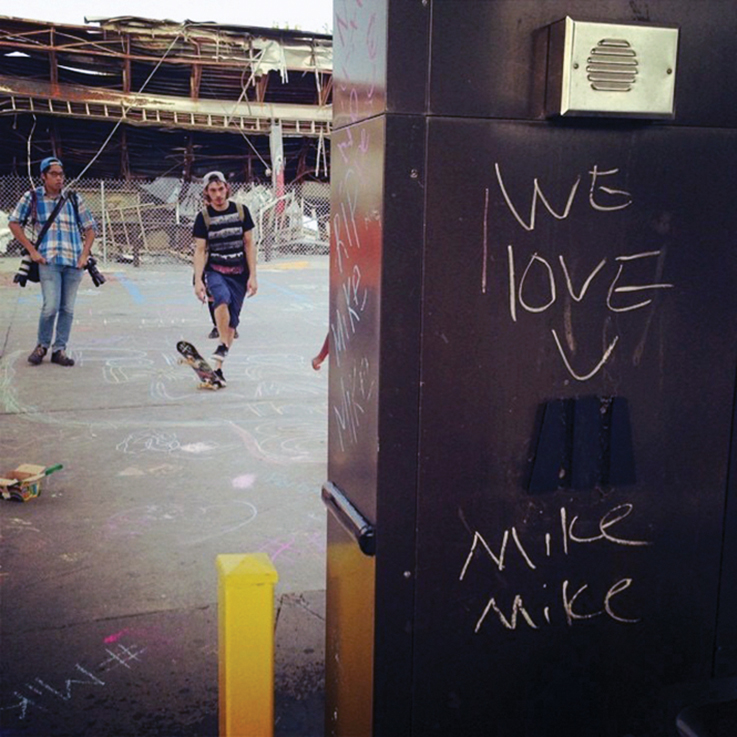Related
As an archivist and division manager at Auburn Avenue Research Library on African American Culture and History, Derek Mosley sees his work as an opportunity to preserve the stories of everyday people, ensuring that diverse records fill our cultural context and contributing to a more extensive portrait of African American life.
Monnee Tong’s career has been shaped by her passion for social justice, which carries through to her work as supervising librarian at San Diego Public Library.
In June, the New-York Historical Society Museum and Library announced the formation of the Diamonstein-Spielvogel Institute for New York City History, Politics, and Community Activism. Part of the Institute will be an archive focusing on community activism and movements.
In the midst of the disruption of the COVID-19 pandemic, many library workers and archivists have carried on with what they do best—gathering and preserving information for future researchers. Numerous digital archives are already capturing life during lockdown, represented through images, journals, videos, and other formats.
Several new initiatives will expand African American experiences beyond the archives and make them publicly available.
Civic unrest and natural disasters are not unique to the 21st century. But with the growth of rapid news cycles and citizen documentation through social media, careful documentation of these tragedies—in real time or close to it—is a responsibility that public and academic libraries, archives, and other cultural institutions are taking on more and more.
Demonstrating a growing institutional commitment to virtual reality and augmented reality, also known as extended reality (XR) technology for educational applications, the Nevada State Library, Archives and Public Records has continued to expand its NV XR Libraries pilot program.
ALREADY A SUBSCRIBER? LOG IN
We are currently offering this content for free. Sign up now to activate your personal profile, where you can save articles for future viewing







